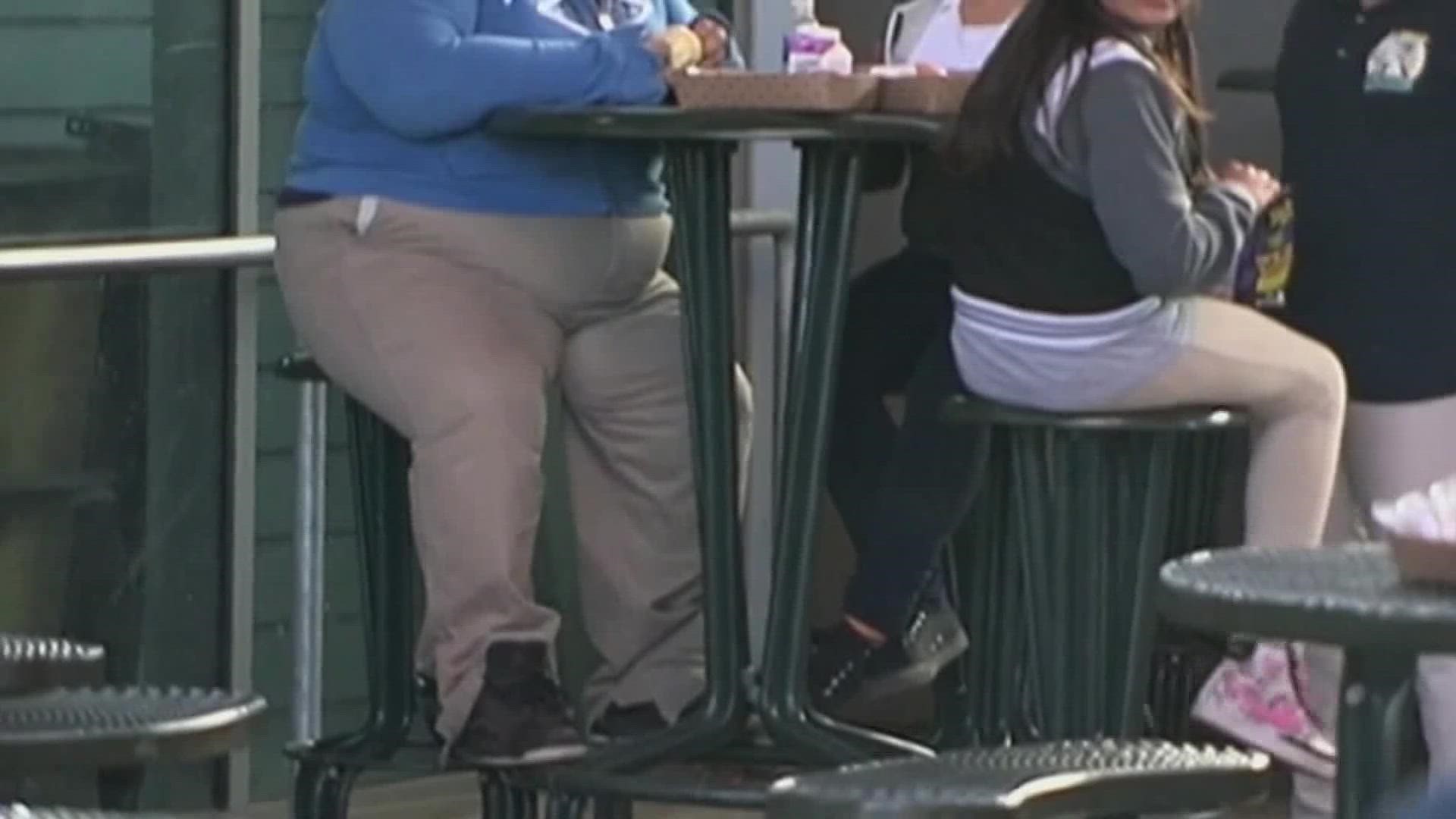SEATTLE — Health officials are sounding the alarm on childhood obesity, a disease that impacts more than 14 million children and adolescents.
For the first time in 15 years, the American Academy of Pediatrics released new guidelines for treating obesity earlier and more aggressively.
The new guidelines moved away from the long-standing approach of "watchful waiting." Instead, the guidelines include anti-obesity medication to treat kids as young as 12 years old and weight loss surgery for kids as young as 13 years old who have a body mass index above the 95th percentile.
"This idea that some of these kids might outgrow having overweight and obesity, but the more recent data suggests that these kids really need intervention," said Dr. Brian Saelens, a professor of Pediatrics and Psychiatry and Behavioral Sciences at the University of Washington.
But no matter the number of the scale, some parents said they are not just against the new guidelines, they are outright scared by them.
"We're starting to medicate and cut into them when they're not even developed yet," said Kristy Fassio, a mother of three and eating disorder therapist.
Saelens said he was not surprised by the update pointing to the data that shows the rate of childhood obesity, which can lead to Type 2 Diabetes and high blood pressure, has been on the rise.
According to the Centers for Disease Control and Prevention, rates rose nearly 3% between 2008 and 2020.
Saelens said the data shows doctors need to be working with families and not against them by having open conversations.
But Fassio said that's not happening.
"Saying things to me in front of my child, 'well don't put her on a diet yet,' because she still has growing to do but gosh if she doesn't get it off now she'll never get it off,'" Fassio said, describing a recent doctors visit.
Fassio said words like obese, overweight and obesity are stigmatizing.
"I hear, 'oh that's a medical thing' that someone's trying to fix," Fassio said, adding that doctors tried putting her on diets, which ultimately failed and led to eating disorders when she was 12 years old.
"So much shame and it didn't help my body," said Fassio, who wished the guidelines would focus less on bodies and weight and more on problems like access to health foods and safe spaces to move around in. "(My body) still did what it was going to do. We're not addressing any of the actual problems here. We're just saying, 'we don't like fat kids.'"
Discussing inequalities like access to healthy food is important, but according to Saelens fighting obesity needs multiple approaches.
"We need to give families access to these intense behavioral interventions," Saelens said.
In some solace to concerned parents, Saelens said medication isn't a first line of defense for pediatricians he's spoken to.
One reason could be their cost. The drug Wegovy, which is approved for kids as young as 12 years old, costs around $1,300 a package.

